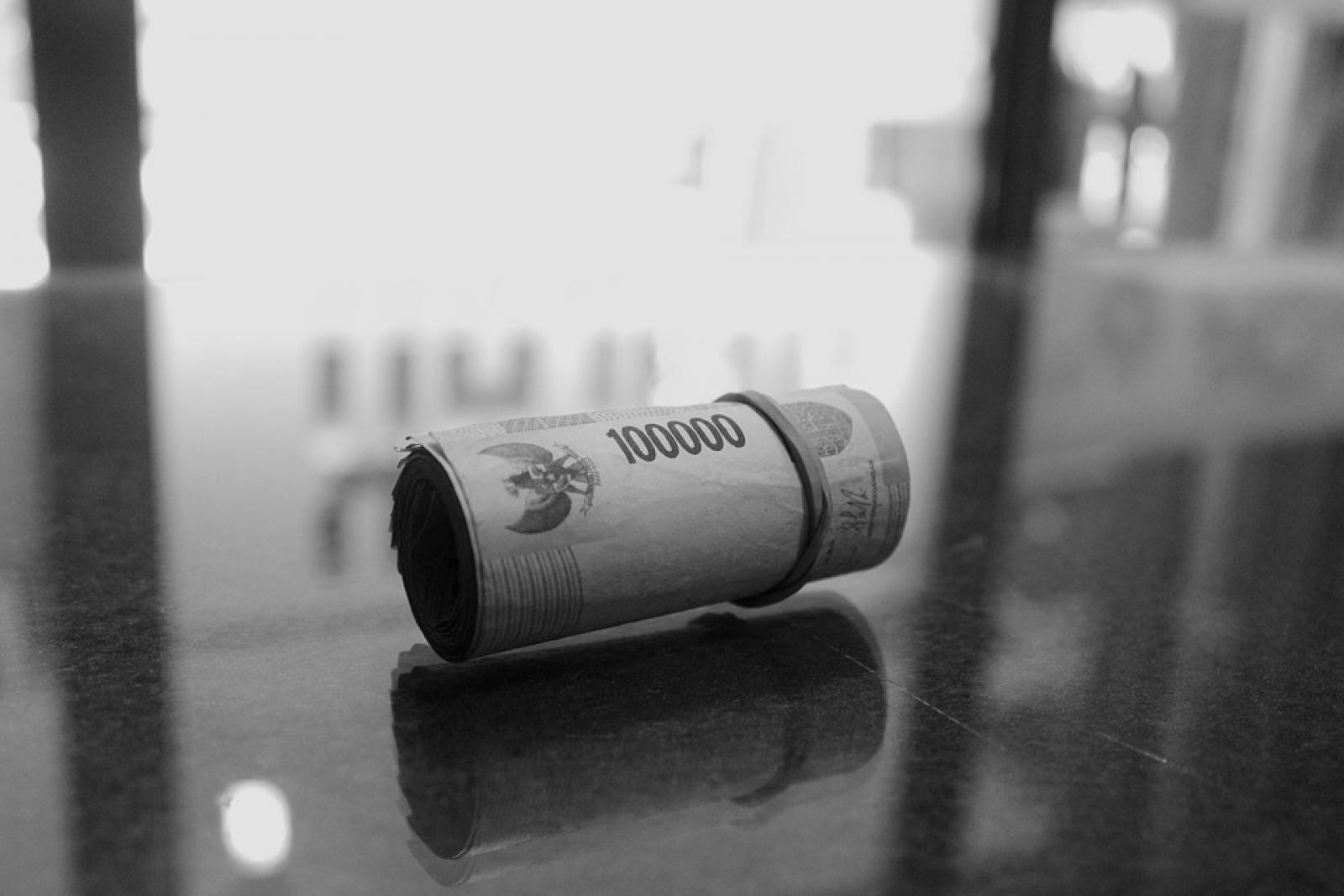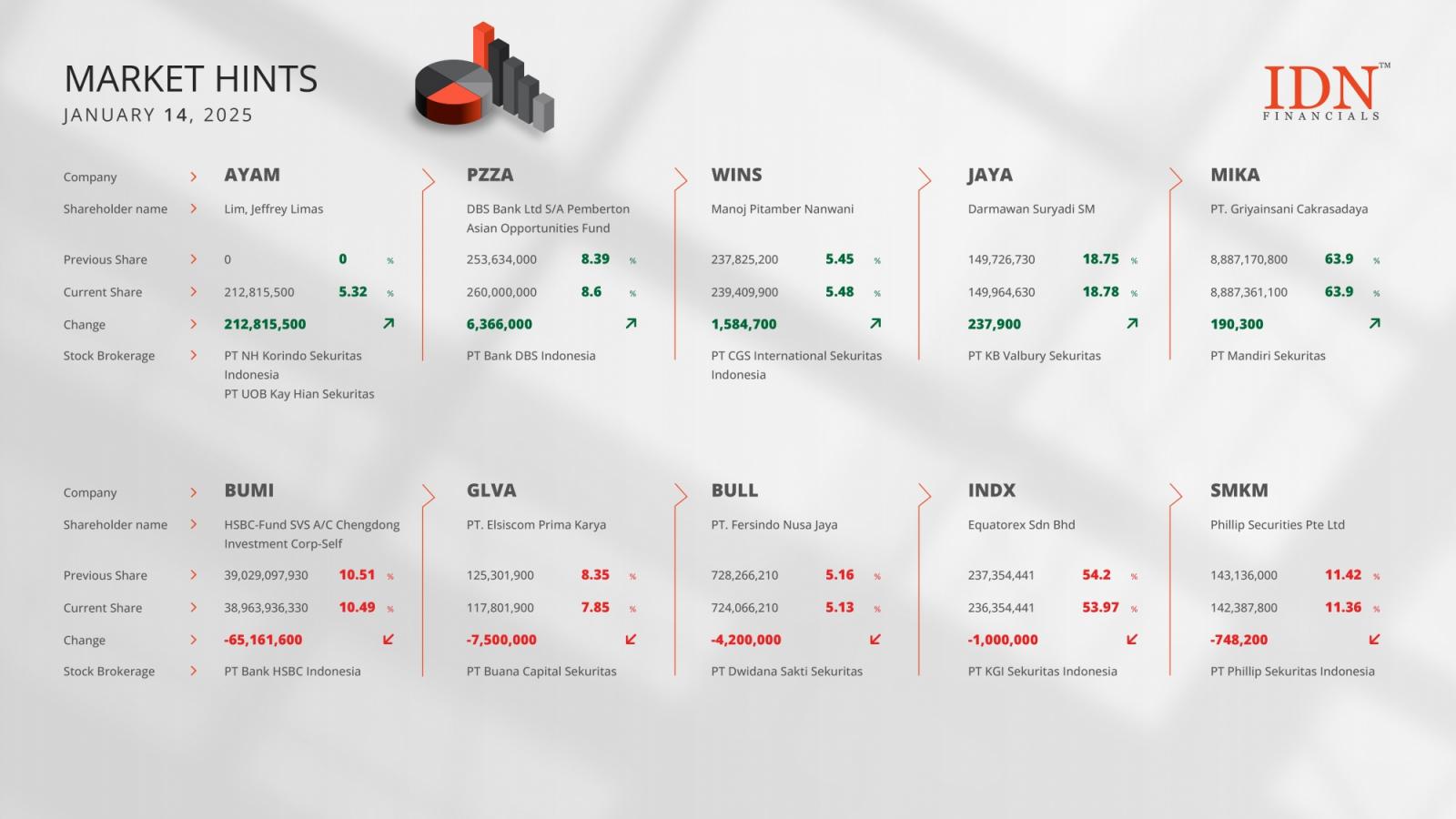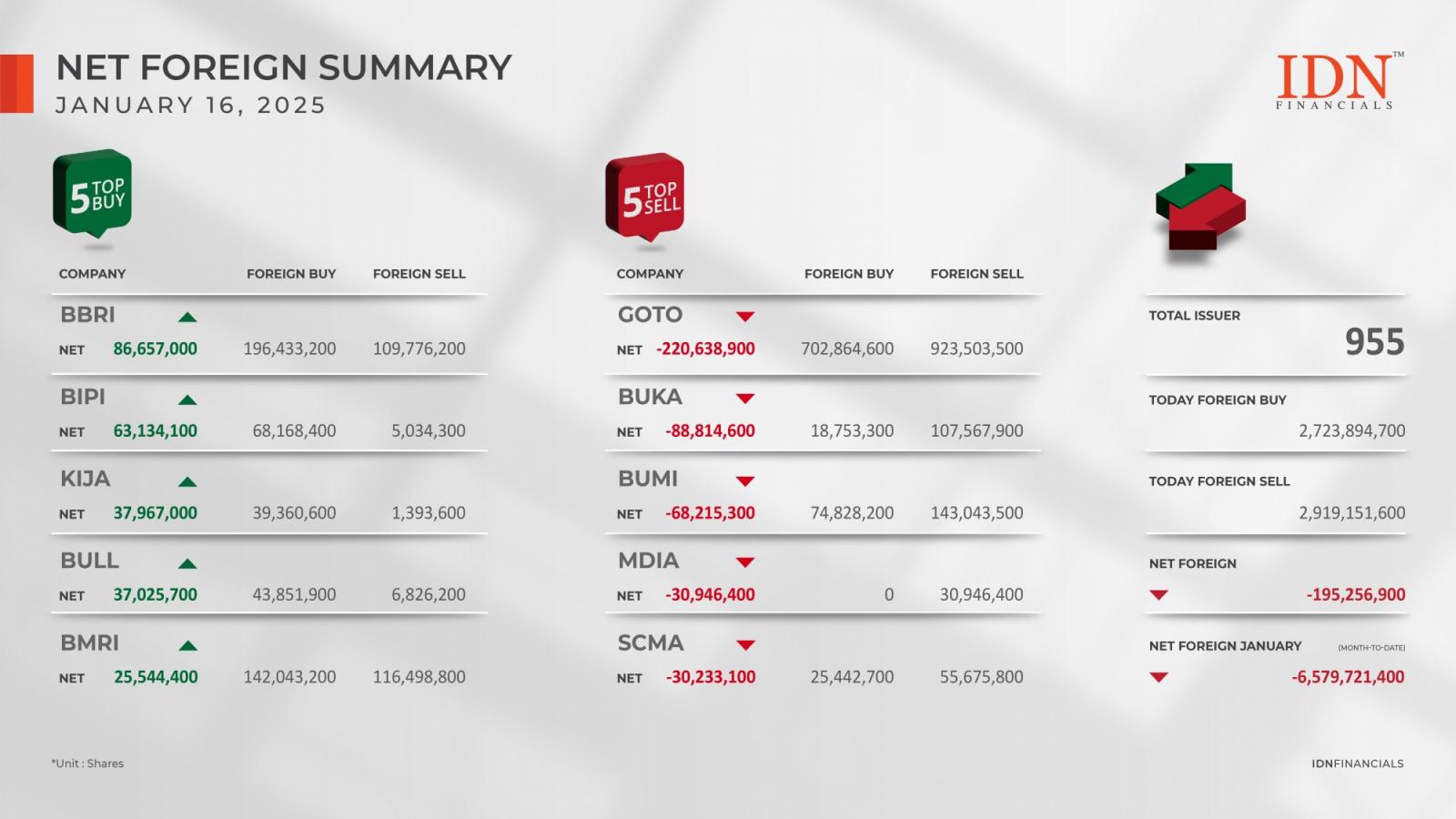
The U.S. dollar turned in a weak performance on Monday amid political uncertainty in the U.S. after President Joe Biden decided to drop out of the presidential race and endorsed his Vice President Kamala Harris as the Democratic candidate for the post.
Traders also reacted to the People\'s Bank of China\'s decision to cut its 7-day reverse repo rate to 1.7% from 1.8%. The central bank said the action is to strengthen counter-cylical adjustments to better support the real economy.
This week, the focus is on the personal income and spending data for June, which is due out on Friday. The data includes readings on inflation said to be preferred by the Federal Reserve.
The data could have a significant impact on the outlook for interest rates, with the Fed currently widely expected to lower interest rates by a quarter point in September.
The dollar index, which was down at 104.20 in the European session, climbed to 104.42 around noon before easing to 104.33, netting a marginal loss.
Against the Euro, the dollar edged down marginally to 1.0889, and against weakened to 1.2931 against Pound Sterling. The dollar dropped against the Japanese currency, fetching 157.07 yen a unit, compared to the previous close of 157.35 yen.
The dollar firmed to 0.6642 against the Aussie, gaining about 0.8%. Against Swiss franc, the greenback, the dollar gained slightly to CHF 0.8895, and against the Loonie, it firmed to C$1.3760 a unit.





